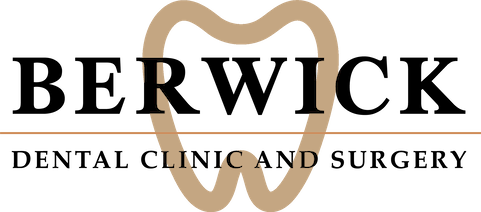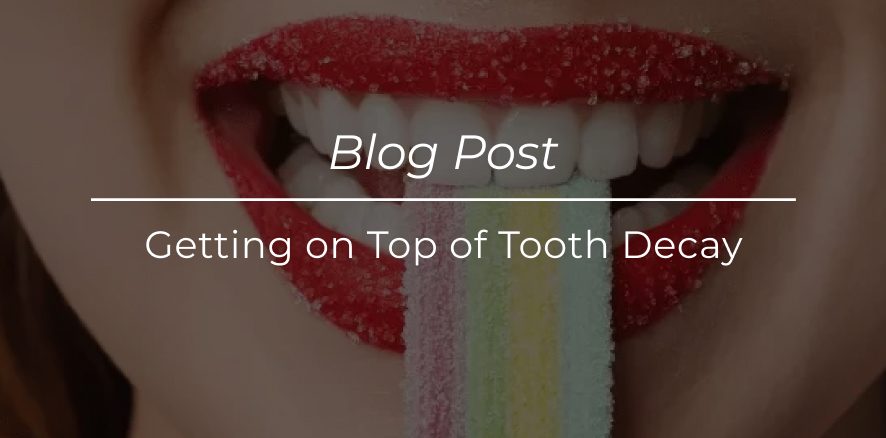Tooth decay occurs when someone has caries or cavities in one or more teeth. The condition is largely preventable, but many Australians have untreated tooth decay. You can have tooth decay at any age due to gum disease, smoking, medications that cause dry mouth, and foods and beverages high in sugar.
At our modern dental practice in Berwick, Victoria, we offer comprehensive general and cosmetic dentistry services. The dentists at Berwick Dental Clinic & Surgery understand the dangers of tooth decay, and below, we explain details about the condition, including ways to prevent it.
What Is Tooth Decay?
Tooth decay can be difficult to identify immediately because it occurs over several stages. It starts when oral bacteria and food particles create dental plaque, a sticky film that adheres to teeth and builds up if you don’t brush them daily.
Plaque produces an acid that eats through the minerals that make up the tooth’s enamel, a tooth’s outermost layer. When the enamel decays, it weakens and creates cavities.
Dentin is the soft tissue behind tooth enamel. It can also deteriorate with prolonged tooth decay and potentially cause damage to the tooth’s pulp that protects the tooth’s nerves and blood vessels. If tooth decay continues without treatment, it could lead to gum disease, severe pain, and the loss of permanent teeth.
How to Identify Signs of Tooth Decay
Someone with tooth decay can experience several dental issues. Most people realise they have a dental problem due to a toothache or tooth sensitivity to hot or cold foods and beverages. Advanced tooth decay may produce white, brown, or black stains on an affected tooth that don’t go away regardless of how well you brush your teeth.
Advanced tooth decay may also lead to an abscess or infection around the affected site. As a result, you may have a swollen face or inflamed gums.
Tooth Decay Prevention Tips
The best way to reduce the risk of tooth decay is to brush your teeth at least twice a day and floss once a day. Here are other tips to consider:
Limit Sugar Consumption
Oral bacteria feed off sugars inside your mouth. Eating and drinking lots of sweets increases the sugar in your mouth. You can limit your consumption to protect your teeth or rinse your mouth with water after meals.
Drink Tap Water
The fluoride in tap water replaces some of the minerals your dental enamel loses and can protect your teeth from decay. You can also brush your teeth with fluoride toothpaste for extra protection.
Enquire About Dental Sealants
Dental sealants are a thin layer of plastic your dentist can apply to your molars (back teeth). Your molars are most vulnerable to cavities because they have many nooks and crannies where bacteria can hide. The sealants will shield the teeth from bacteria by covering their surface.
What to Do If You Have Tooth Decay
It’s helpful to see a dentist regularly. They can examine your teeth and take dental X-rays to identify caries at their earliest stages. However, you should schedule an appointment if you exhibit any tooth decay symptoms like localised pain and gum inflammation.
Book a Dental Exam Today
Dental caries and tooth decay are preventable for many people. However, getting immediate treatment is crucial for your smile and oral health if tooth decay occurs. That is why it’s best to schedule regular dental appointments to check for signs of trouble.
At Berwick Dental Clinic & Surgery, you can receive a comprehensive dental examination to check for decay and other dental issues. Our experienced and friendly dentists will create a custom treatment plan to address your tooth decay if it’s present. Call us today at (03) 9707-3227 or contact us online to request an appointment.

